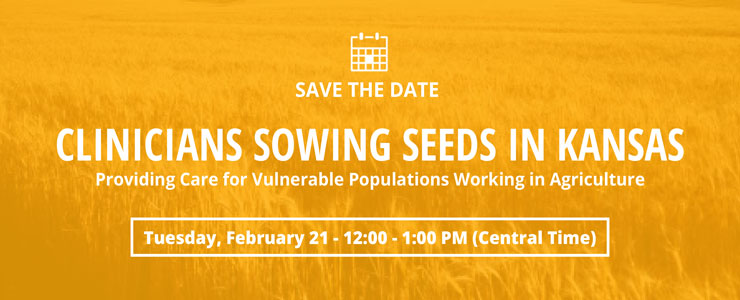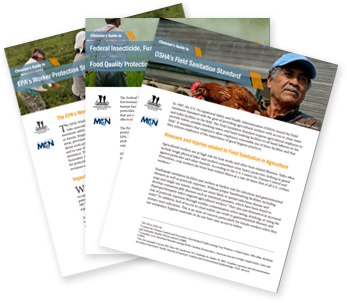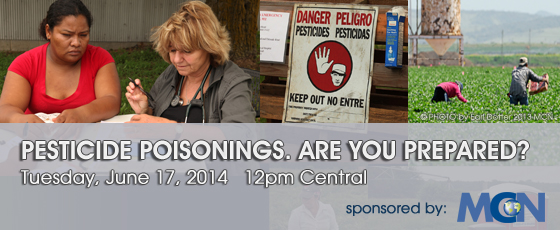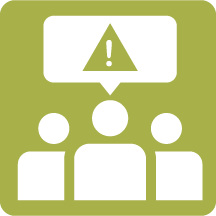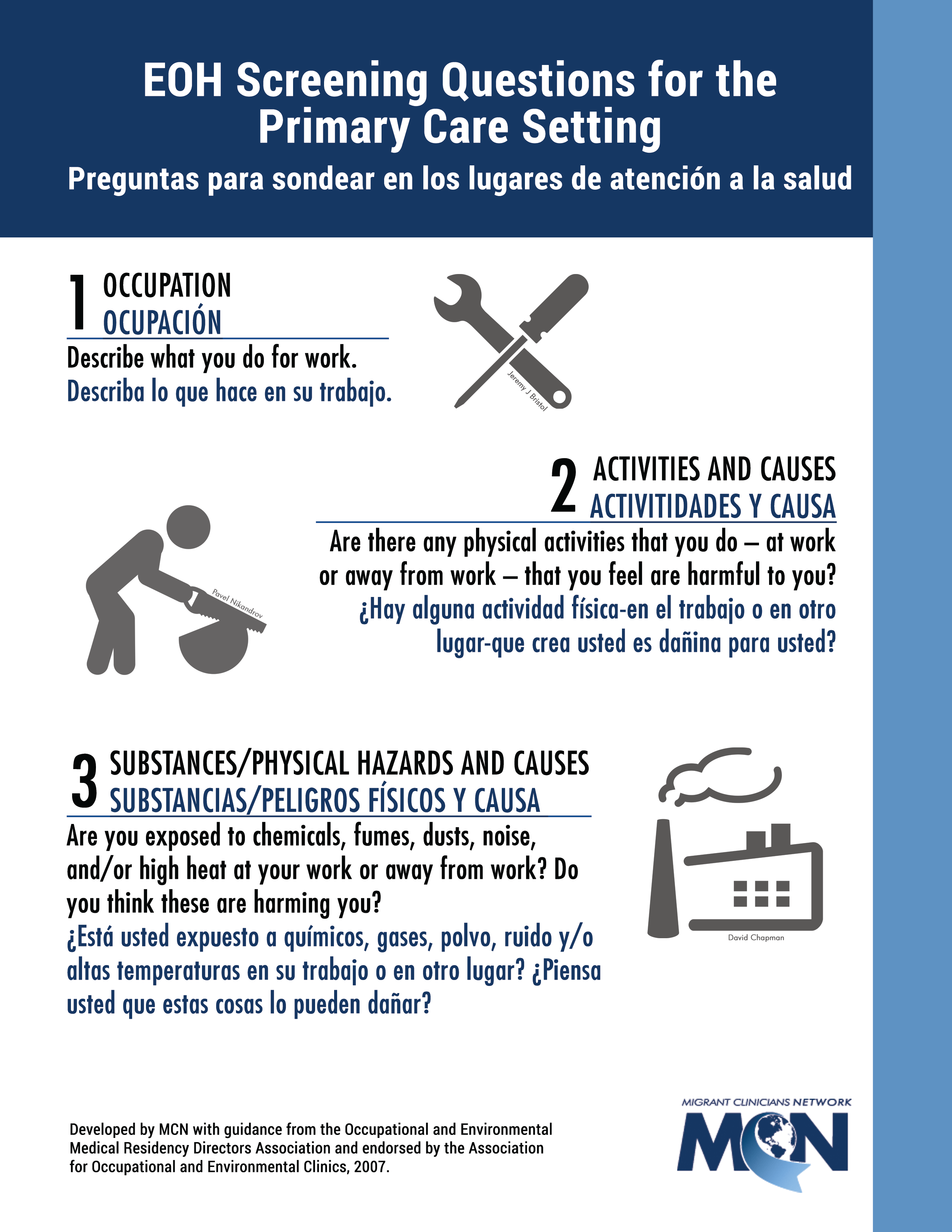
FECHA DE GRABACION: 29 de Marzo de 2017, 1 pm ET (zona horaria del Este)
ORADORA: Ileana Ponce-González, MD, MPH, CNC
Crédito de educación continua
Para recibir credito de Trabajador/a de Salud Comunitaria o Educacion de Continua de Enfermera después de ver alguno de estos seminarios usted debe hacer lo siguiente:
- Completar la evaluación participante asociado a cada webinar
- Enviar un correo electrónico con su nombre y apellido indicando que ha completado a contedu@migrantclinician.org
Descripción
En este seminario los participantes serán capaces de identificar las medidas de rendimiento de HRSA relacionadas con la salud bucodental, así como los factores de riesgo para la mala salud bucal. También reflexionaremos sobre el importante papel que desempeñan los promotores de salud en la mejora del acceso a los servicios de salud bucodental.
Objetivos de aprendizaje
- Describa la oferta de servicios orales preventivos y adicionales requeridos en su centro de salud
- Describa las medidas orales de HRSA
- Comprender el papel de los trabajadores comunitarios de salud en la prevención de la enfermedad bucodental
Lectura Adicional
- ADA Store—Brochures for purchase: https://goo.gl/xF1zWU
- ADA Facebook and Twitter ads (free images): https://goo.gl/Q2zsug
- WDS Foundation—Free materials: https://goo.gl/FYxdri
- ADA Practice Guidelines (2016): https://goo.gl/pzyfOd
- Medicaid/CHIP Dental Sealant Measure in the Child Core Set: https://goo.gl/n66YAD
- Texas Health and Human Service: https://goo.gl/H6fAKL
Este proyecto cuenta con el apoyo de la Administración de Recursos y Servicios de Salud (HRSA) del Departamento de Salud y Servicios Humanos de los Estados Unidos bajo el acuerdo de cooperación número U30CS09742, Asistencia Técnica a Centros de Salud Comunitarios y Migrantes y Personas sin Hogar por $ 1,094,709.00 con 0% del total Proyecto NCA financiado con fuentes no federales. Esta información o contenido y las conclusiones son las del autor y no deben ser interpretadas como la posición o política oficial de, ni cualquier endosos deben ser inferidos por HRSA, HHS o el Gobierno de los Estados Unidos.
